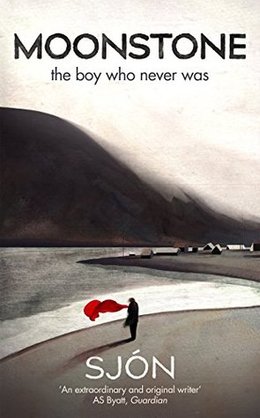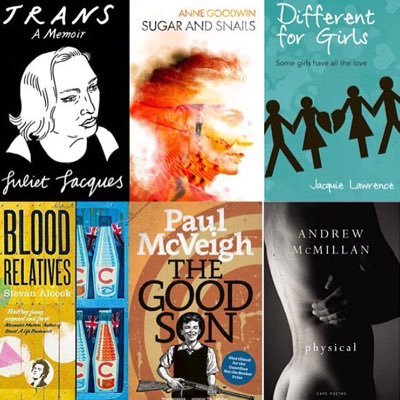
As I’m not a member of the church, and have no desire to become one – although I’ve never been known to forgo the opportunity to sing praises to the guy-in-the-sky in one of their magnificent buildings – perhaps it’s not my business. Except that this hypocritical organisation has a stake, through seats in the House of Lords, in governing my country. Wouldn’t it be nice, until such time as they are abolished, if they adhered to the laws of the land and basic human rights that permit same-sex marriage (an institution the church tends to be particularly fond of) and physical expression of love? But it seems they’d rather avoid a split from their branches overseas (including those countries in which homophobia is sanctioned by the state) than take the moral stance they’d like to claim is theirs.
| In this context, the role of art and literature in counteracting the silencing and marginalisation of homosexual people garners more importance. So I’m proud to have written a novel that has made the Polari First Book Prize shortlist and to include LGBT novels in my reading and reviews. Here are a couple more, which focus particularly on gay men and boys who pay, and are paid, for sex, the first set in a relatively recent Bulgaria and the second in Iceland almost a century ago. I’m hoping the bishop’s love life is more straightforward than those portrayed in these short novels. |

While foregrounding the LGBT experience, with some frank depictions of gay sex, What Belongs to You is about the complexity of desire of any nature, and the shame that ensues when what we want feels, at some fundamental level, wrong. A later scene, in which the narrator, on a train journey with his mother, observes the interactions between a securely-attached little boy and his grandmother, is particularly poignant. It is a novel about the inner homelessness that leads to rootlessness and self-imposed exile (something explored in my own forthcoming novel, Underneath), the external experience of being lost mirroring the internal (p145):
I hoped I would feel new in a new country, but I wasn’t new here, and if there was a comfort in the idea that my habitual unease had a cause, that if I was ill-fitted to the place there was a good reason, it was a false comfort, a way of running away from real remedy. But then I didn’t truly believe there was a remedy.
This sense of alienation is also reflected in the narrator’s struggles with the Bulgarian language, which proves particularly humiliating when he needs to attend an STD clinic.
Poetically written, with much self-reflection that becomes progressively more insightful, What Belongs to You reads like a fictional memoir, but questions how much we can never know another person or, indeed, ourselves (p190):
these were only my own thoughts, I knew, they brought me no nearer to him, this man I had in some sense loved and who had never in the years I had known him been anything but alien to me.
In the UK, it’s published by Picador, from whom I received my review copy.

last thing people want to see at the dawn of the Icelandic sovereign state are headlines in the domestic or Danish press about a sodomy scandal in Reykjavik
they conspire to erase all evidence of the boy’s existence.
The bones of a fabulous story but, unless you’re passionate about Icelandic history or silent movies, or you’re among the worthies who have lauded this author’s writing, you might be a little disappointed at the sparse flesh with which he is minded to clothe them. At 142 pages, interleaved with a lot of white space, it’s more of an extended short story than a novel. Given the Icelandic naming system, whereby people’s second names identify them as so-and-so’s son or daughter, the boy’s name underlines his lack of a father, but we don’t learn, unless I missed it, the significance of Moon Stone (which I imagine must have some significance when bestowed by an author who, like his compatriot, Björk, with whom he’s collaborated on lyrics, chooses to go by a single name).
Apart from his dreams, which, if you’re so inclined could be subject to analysis, we get only glimpses into the boy’s mind, but we can assume, from his sketched personal history, that it’s bleak. When collecting bodies at the height of the epidemic, we are told that “Reykjavik has, for the first time, assumed a form that reflects his inner life” (p92).
Published in Iceland in 2013, and translated into English by Victoria Cribb, Moonstone is subtitled “the boy who never was” and published in the UK by Sceptre to whom thanks for my review copy.






















 RSS Feed
RSS Feed





















